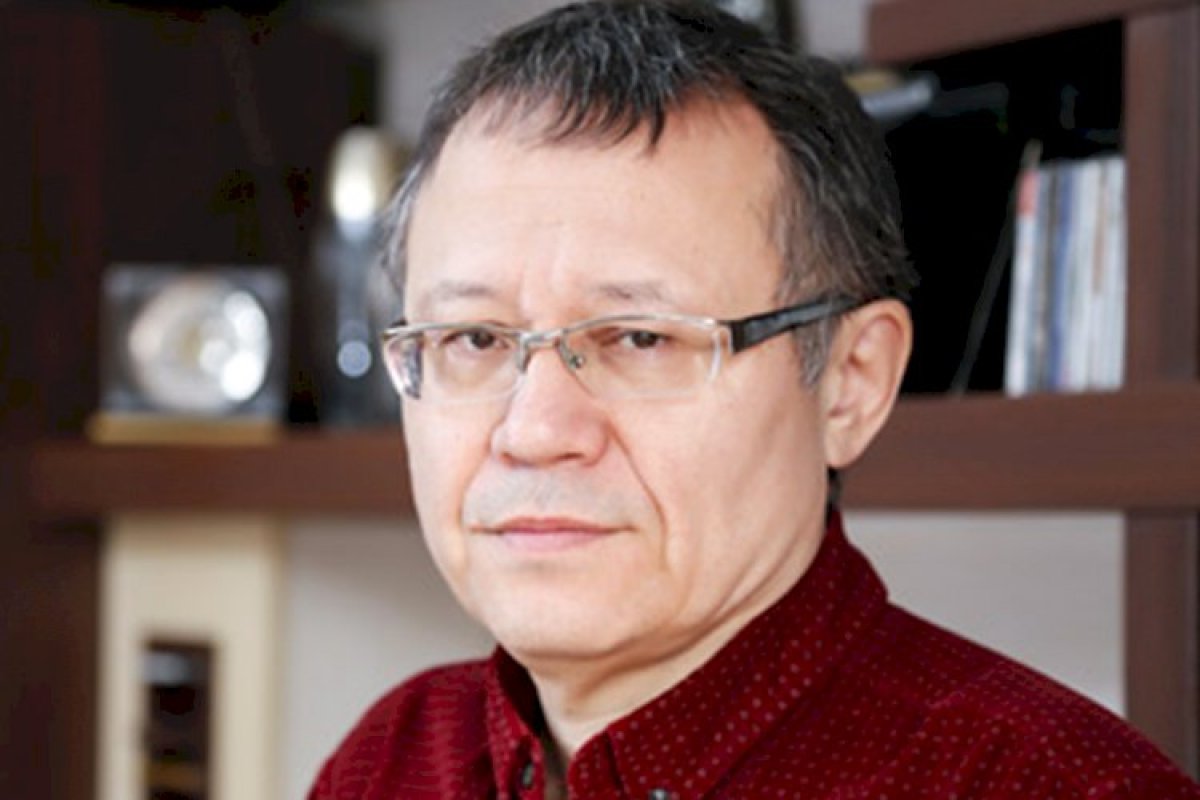Kazakhstan’s new law “On Mass Media,” recently passed by its lower house of parliament (the Majilis), has agitated the country’s reporters. In an interview with The Times of Central Asia, Dzhanibek Suleyev, the publisher of several news sites, remonstrates that the law should have been more supportive of the national press.
An aspect of the law that has caused heated discussions is the Ministry of Foreign Affairs’ new right to deny accreditation to foreign journalists “in case of a threat to the national security of the Republic of Kazakhstan.” A few months ago the Ministry of Foreign Affairs didn’t renew or refused to issue accreditation to 36 correspondents of the news website Azattyq, the Kazakh affiliate of the U.S. Government’s Radio Free Europe/Radio Liberty (RFE/RL). No explanation was given for this rejection, and Azattyq has filed a lawsuit in court.
Suleyev explained: “It is clear that the state wants to protect itself and society as much as possible from extremist publications and the spread of deviant morality, but what is proposed for those who simply do their work honestly, every day? We like to impose restrictions, but what about support? I think that if the state were to expand the field of cooperation, the press would be less critical.”
“Apparently, the state authorities have such an ambiguous opinion of Azattyq. In addition, the lack of accreditation clearly does not prevent ‘going on the air,’ the audience has access to the materials. I do not think that denial of accreditation to foreign media will become a mass phenomenon. The New York Times or leading sports publications and channels will hardly be denied accreditation. You have to understand that from the point of view of the state, there are ordinary media, and there are structures engaged in propaganda and counter-propaganda, and this should be taken into account,” Suleyev explained.
Suleyev said that the establishment of a one-year statute of limitations for media materials is a positive development, as it protects journalists’ rights. It was initially proposed to set the term at three years from the date of publication. “It is good that it was reduced to a year, three years of limitation is the death of the publication. Of course, I would have liked to reduce the statute of limitations even further, but thanks for that. If journalists are always afraid of the court, how can they work? Because of the long statute of limitations, editorial offices need to keep archives, video, audio and documents, not everyone can do this. Besides, with a long statute of limitations, it is easier to settle scores with the press, to get unwanted people closed down,” he said.
Suleyev was happy to see more television programs in Kazakh. The new law aims to increase the amount of Kazakh-language and domestic content on television and radio. From 2025 at least 55% of TV and radio programs should be broadcast in Kazakh, rising to 60% from 2027. Retransmission of foreign TV and radio channels will be reduced to 10% from 20%. “There is a normal development of Kazakh-language broadcasting. Journalists are working, there are many talented young guys, perhaps they will be attracted from the blogosphere, where there is enough unique content,” said Suleyev.
The publisher says that only time will tell to what extent the new law will work. “Experience suggests that the most important thing is how the supervisory bodies will apply the law. I can’t say that the press is in the pen now, that there is unprecedented pressure, there is no such thing. Besides, today it is not enough to regulate only the media, there is also the blogosphere, everyone today can express their opinions and publish information. It is more difficult to control everything, we need to cooperate,” he commented.



